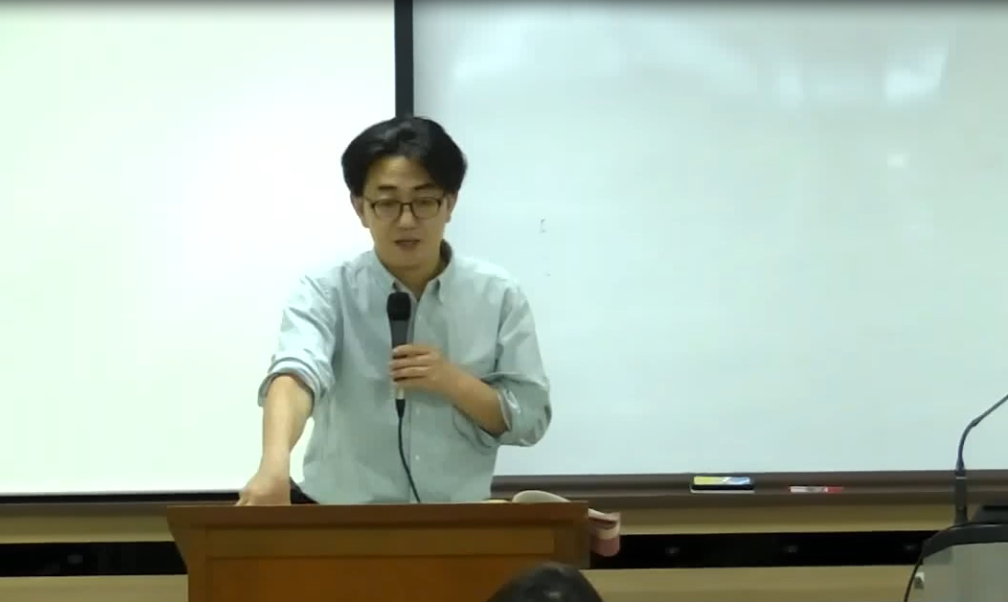In modern industry, companies seek to effectively utilize their human capital by operating an employer-friendly organizational model that promotes the flexible and intense management of labor resources. The foundation of this system is the process by ...
http://chineseinput.net/에서 pinyin(병음)방식으로 중국어를 변환할 수 있습니다.
변환된 중국어를 복사하여 사용하시면 됩니다.
- 中文 을 입력하시려면 zhongwen을 입력하시고 space를누르시면됩니다.
- 北京 을 입력하시려면 beijing을 입력하시고 space를 누르시면 됩니다.
https://www.riss.kr/link?id=A106485673
- 저자
- 발행기관
- 학술지명
- 권호사항
-
발행연도
2008
-
작성언어
Korean
- 주제어
-
KDC
360
-
등재정보
KCI등재
-
자료형태
학술저널
-
수록면
73-120(48쪽)
- 제공처
-
0
상세조회 -
0
다운로드
부가정보
다국어 초록 (Multilingual Abstract)
In modern industry, companies seek to effectively utilize their human capital by operating an employer-friendly organizational model that promotes the flexible and intense management of labor resources. The foundation of this system is the process by which employers and employees mutually agree to enter into employment contracts with each other. Under this arrangement, employees agree to perform the labor duties stipulated by the contract as and when requested by the employer. Moreover, the contract also requires the employee to observe additional corporate obligations. These include observance of the corporate code of conduct, protection of confidential information, maintenance of the good image of the company and so on. To the extent that employees provide labor services in a diligent manner and fulfill the duties requested by the employer, the company has no need to apply procedures governing contract violations or take related disciplinary action against the employee. However, when the employer believes that an employee has committed an act of misconduct or has otherwise refused to execute the employers requests, the employer may attempt to take disciplinary action against the employee. In such cases, it is likely that the employer's decision to initiate disciplinary procedures will have significant consequences for the employee. Firstly, the employer will endure substantial censure, including in the worst case the possibility of dismissal. Secondly, unilateral disciplinary action on the part of the employer may cause substantial financial distress for the employee. In the modern employer-employee relationship, the right of the employer to take disciplinary action against employees who violate internal codes and procedures or refuse to obey instructions, and the role that these procedures play in restraining the actions of other employees, is known as a distinct sanction. Ultimately, the overall relationship between the employer and the employee is governed by the labor contract signed by the two parties. This contract should incorporate the coordinated interests of both parties and be the product of negotiated mutual agreement on an equal partner basis. Given this contractual background, it is necessary to describe the theoretical basis behind the employer's right to take disciplinary actions against an employee, to clarify the boundaries of such actions and to identify more effective supervisory tools that can be aligned with disciplinary objectives. In the first place, it is necessary to note that Korean labor law does not contain any specific provisions relating to an employer's right to take disciplinary action. Rule 1 of Article 30 of the Labor Code, which provides protection against dismissal and other actions injurious to the employee, simply states that employers can not take disciplinary action against employees without 'appropriate reason. While Rule 1 of Article 30 contains the general statement that there is no definition or boundary specifying the limit of what might constitute 'appropriate reasons', in practice this statement is interpreted based on the content of company employment laws or collective agreements. However, where the provisions of such company employment laws or collective agreements are held to be unreasonable, the legal interpretation of whether or not an employer has unjustly taken disciplinary action against an employee becomes a matter of case-by-case legal judgment. For this reason, employers seeking to take disciplinary action against an employee must take care to ensure that they provide an appropriate reason for the disciplinary action taken, conduct the disciplinary process with procedural fairness and make sure that the disciplinary action taken is not disproportionate to the original violation committed by the employee. Failure to adequately take these steps may be seen as tantamount to an abuse of the employer's right to take disciplinary action, especially in cases where the
동일학술지(권/호) 다른 논문
-
- 노동법이론실무학회
- 박지순(Park, Ji-Soon)
- 2008
- KCI등재
-
- 노동법이론실무학회
- 김기덕(Kim, Gi-Deog)
- 2008
- KCI등재
-
- 노동법이론실무학회
- 편집부(편집자)
- 2008
- KCI등재
-
- 노동법이론실무학회
- 김상호(Kim, Sang-Ho)
- 2008
- KCI등재





 DBpia
DBpia






